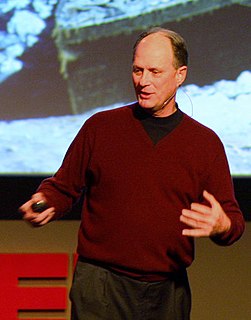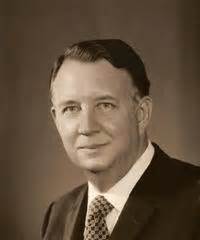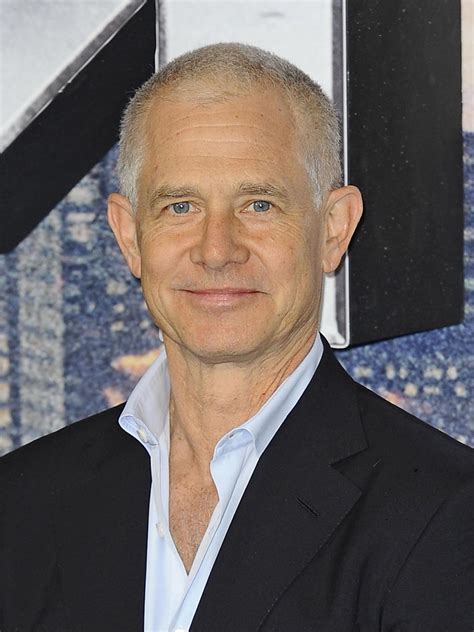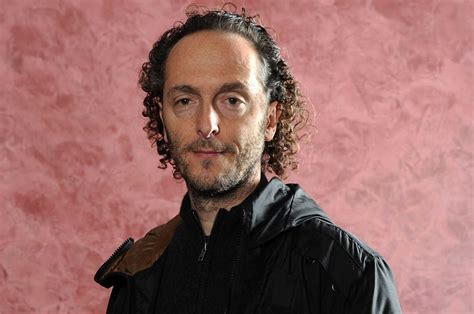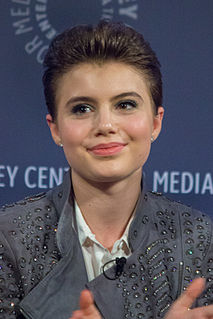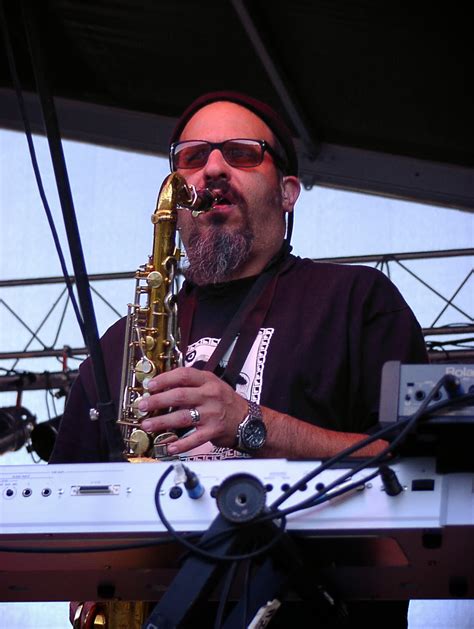A Quote by Stephen Karam
Everyone's taste is different. But I think the best way to defend against regrets after opening night is to try your best to tell the story you want to tell. In terms of smaller changes over time, I think good plays are like poems. Every syllable counts.
Related Quotes
The best time to tell your story is when you have to tell your story. When it's not really a choice. But then, when you get that first, messy, complicated version down, you have to read it over and be very tough on yourself and ask, 'Well what's the story here?' If you're lucky enough to have someone you trust looking over your shoulder, he or she can help you if [you] lack perspective on your own story.
Most of the time you are growing up, people tell you what's wrong with you. Your coach tells you, your parents tell you, the teachers tell you when they grade you. I think that's very good in the early stages, because it helps you then develop skills. But at some point in your career, generally I think when you are in your teens, you look in a mirror and you have to say, despite all the bumps and warts, "I like that person I'm looking at, and let's just do our best."
We who are born from above testify to the change that God has wrought in our hearts. Perhaps the best time for you to tell someone what has taken place in your life is when that person comes to you and says, 'What has happened to you? I have known you before and after. You are different, Tell me about it.' This is the best opportunity to tell someone about Christ. If they don't see a difference, all the talking in the world is meaningless.
...You believe that the kind of story you want to tell might be best received by the science fiction and fantasy audience. I hope you're right, because in many ways this is the best audience in the world to write for. They're open-minded and intelligent. They want to think as well as feel, understand as well as dream. Above all, they want to be led into places that no one has ever visited before. It's a privilege to tell stories to these readers, and an honour when they applaud the tale you tell.
I think the key for us is really letting the stories we feel are best told to kind of dictate where we go. When we find a story we really believe is one that should be told, how do we best tell it and you know what do we need to tell that story most effectively? I think to the good, the universe is such that there are a lot of options, there a lot of opportunities. So that's kind of what's guiding us.
If you have to tell a story without speaking, it's sort of like - I come from a dance background, so it's like a ballet where you have to tell a story with just your body. I think that's really interesting to have to tell a story with just your face and your mannerisms, and I'd like to tap into that world.
I do think the challenge, in a way for me, is to write a narrative film and when you finish watching it you feel like it's a collage. You tell the narrative, you tell the story, but you feel like you've created this tapestry. But it also has a shape, a story. So I think there's a middle ground that I try to strike... away from where everyone else seems ready to go, which is, setup, payoff. You know, He's afraid of water, oh, and at the end he's swimming in water - oh, my God. I hate that stuff.
I believe in the complexity of the human story, and that there's no way you can tell that story in one way and say, 'this is it.' Always there will be someone who can tell it differently depending on where they are standing ... this is the way I think the world's stories should be told: from many different perspectives.


